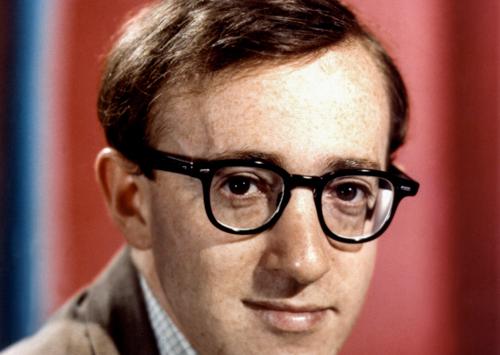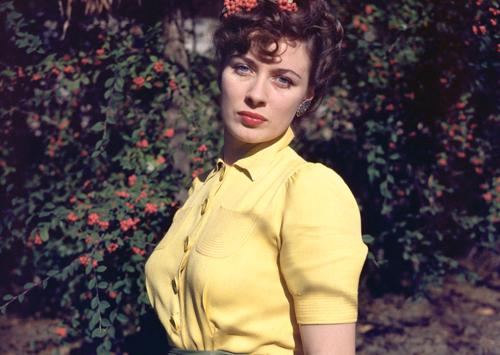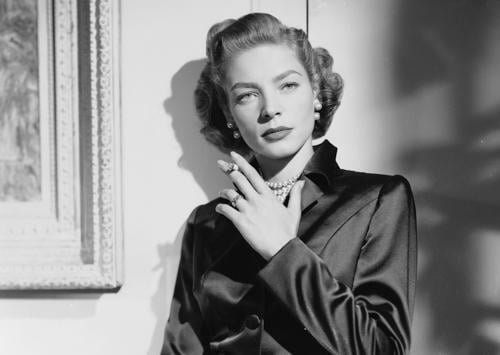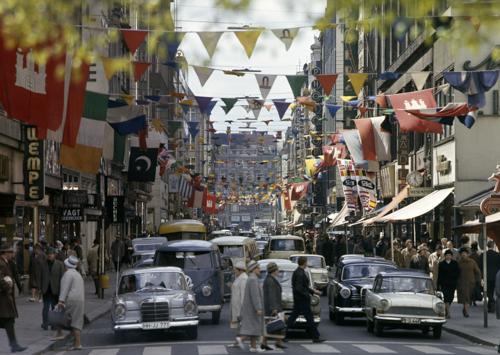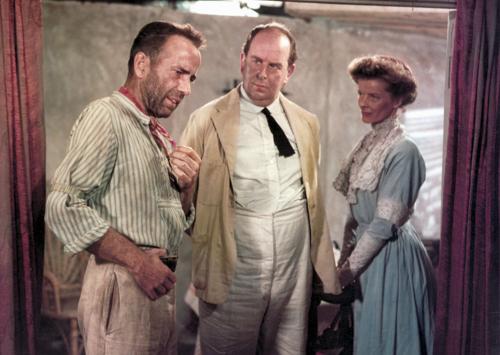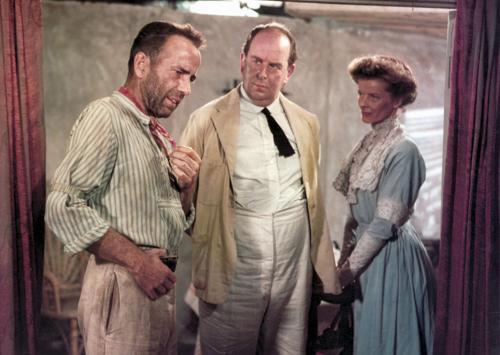Listen to New Voices on Studs Terkel our partnership with 826CHI-here! Read the Story
Showing 1 - 15 of 49 results
-
Woody Allen discusses his work as a comedic writer and performer
Jun. 1, 1965 Woody Allen discusses his life and art, the influence of both success and failure on his work, and how he finds comedy in life’s difficulties and trials. He discusses his first screenplay, “What’s Up Pussycat?” and other comedians who have influenced the development of his own comedic work, including Mort Sahl, Charlie Chaplin, the Marx Brothers, and George S. Kaufman.
-
William Gibson discusses writing plays
1969 Now being a professional playwright, William Gibson talked about being able to write one of his plays in 8 days. A lot of the discussion is about his play, "The Miracle Worker". After reading one of Annie Sullivan's letters, and learning about a battle royale that Sullivan had with Helen Keller, Gibson envisioned what that battle royale would look like. It became a now famous part of the play.
-
William Friedkin in conversation with Studs Terkel
Oct. 1, 1985 Discussing the films "The People vs. Paul Crump", "To Live and Die in Los Angeles," and "The French Connection," with director and screenwriter William Friedkin.
-
Willard Maas and John Dubay discuss experimental films and filmmaking, part 2
1966 Experimental filmmaker and poet Willard Maas and his friend John Dubay discuss experimental films and filmmaking, part 2 of 2. John Dubay is featured predominantly in this part of the interview. The second part of the interview focuses less on filmmaking and more on societal ills, wealth inequality, and race relations.
-
Willard Maas and John Dubay discuss experimental films and filmmaking, part 1
1966 Experimental filmmaker and poet Willard Maas and his friend John Dubay discuss experimental films and filmmaking, part 1 of 2. His friend John Dubay speaks briefly in part 1 of the interview, but is more prominently featured in part 2.
-
Viveca Lindfors discusses her roles and the roles of women in society
Feb. 2, 1974 Viveca Lindfors discusses her roles and the roles of women in society. Includes Viveca Lindfors reciting lines written by Lillian Hellman.
-
Vito Russo discusses his award-winning book "The Celluloid Closet"
Jul. 17, 1981 Discussing the book "The celluloid closet: homosexuality in the movies" with the author Vito Russo.
-
Studs Terkel concludes his interview with Erich Lüth going more in depth on the aftermath of the war on Germany's youth ; part 4
1968 Erich Lüth's discussion with Studs Terkel is similar to part 3 but Luth offers a more in-depth conversation on the role of teachers in schools and how the time of Hitler is taught. There were those teachers that joined the party to continue their love of teaching and those teachers that were brought into the Nazi Party to follow their convictions. This lack of courage to resist influences pupils today because teachers are not saying they were cowards. The relationship is altered out of shame, and embarrassment.
-
Robert Morley discusses his autobiography ; part 2
Actor Robert Morley discusses his career and autobiography, "Robert Morley: A Reluctant Autobiography;" part 2.
-
Robert Morley discusses his autobiography ; part 1
Actor Robert Morley discusses his career and autobiography, "Robert Morley: A Reluctant Autobiography;" part 1.
-
Ring Lardner Jr. discusses the writings of his father Ring Lardner
Jul. 6, 1976 Ring Lardner Jr. discusses the writings of his father Ring Lardner, and his new book "The Lardners: My Family Remembered", discussing his family life, Mother, Father, and siblings.
-
Peggy Nelson, Arnaud d'Usseau, and Olivier Bernier
1962 Studs speaks to actress Peggy Nelson, playwright Arnaud d'Usseau, and student Olivier Bernier while he is in France. [Part 2 includes Yves Montand.]
-
Nelson Algren and Mario De Vecchi discuss "La Dolce Vita," part 1
Jun. 17, 1961 Nelson Algren and Mario De Vecchi discuss the international appeal of Federico Fellini’s film, “La Dolce Vita.” In part one, Algren and Devecchi focus on the film’s main character, journalist Marcello Rubini, and his quest for identity, particularly in relation to his interactions with the film’s intellectual character, Steiner. They discuss the film’s key metaphorical images and its portrayal of the influence of media and the emotional detachment and dehumanization it can create.
-
Nelson Algren and Mario De Vecchi discuss ; part 2
Jun. 17, 1961 In this continued discussion of “La Dolce Vita,” Nelson Algren and Mario Devecchi discuss the film’s critical reception, the contrast it draws between humor and bitterness, and the religious and moral nature of the film. Includes part of the 36th issue of the Fiction Review, featuring host Bob Lefley, a review of the program’s first series of interviews with numerous authors, and a biography of writer Howard Nemerov.


